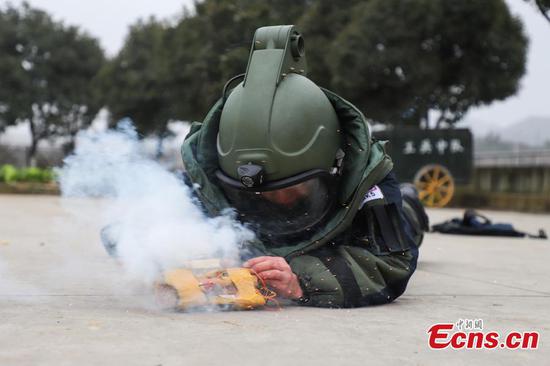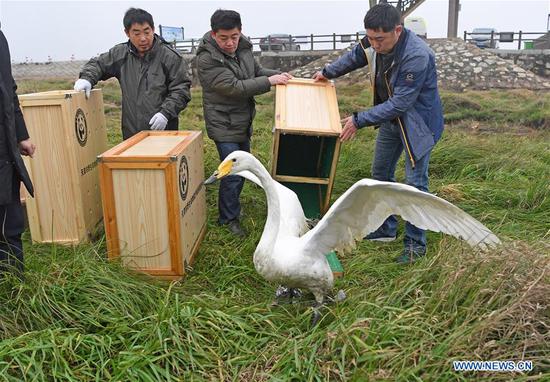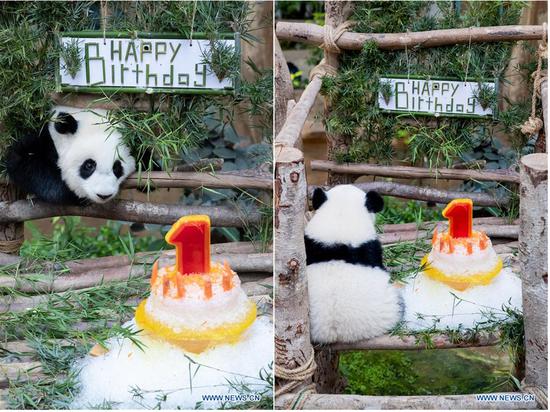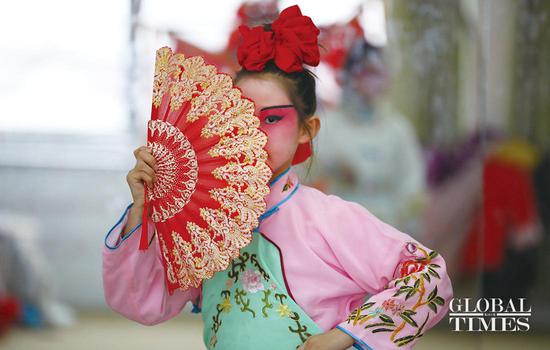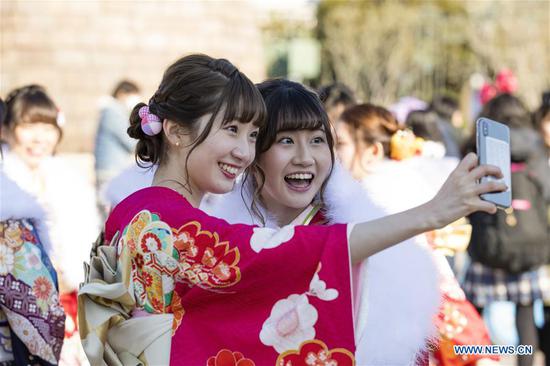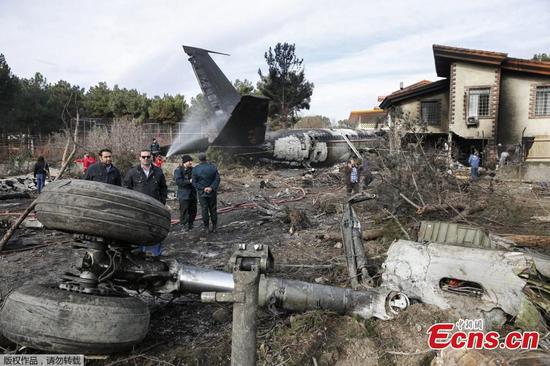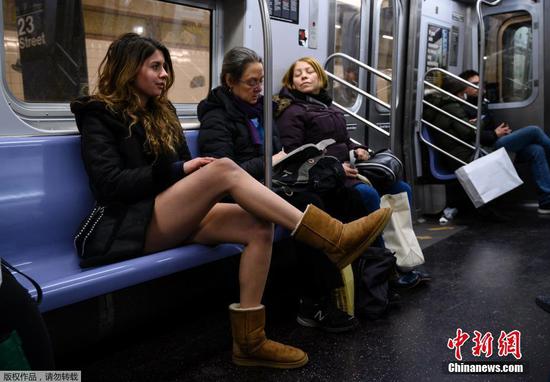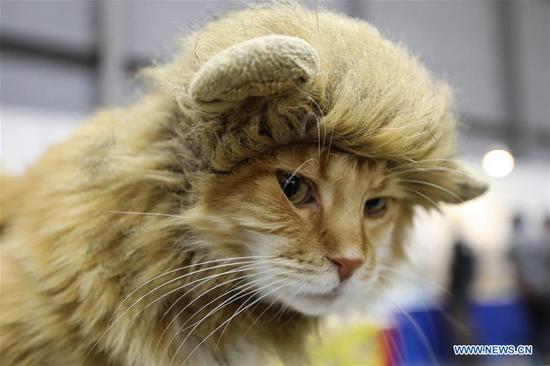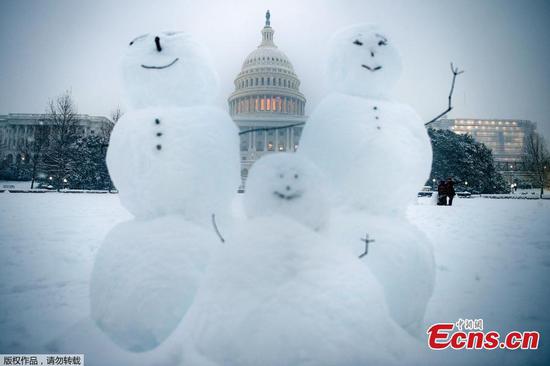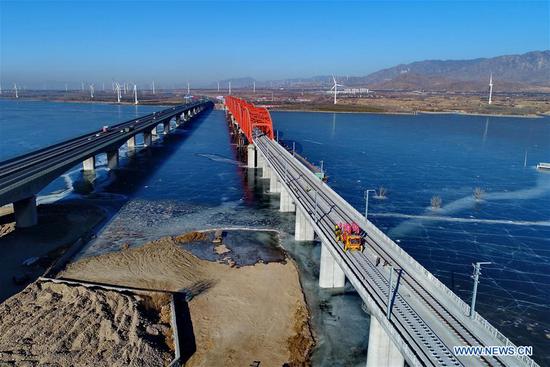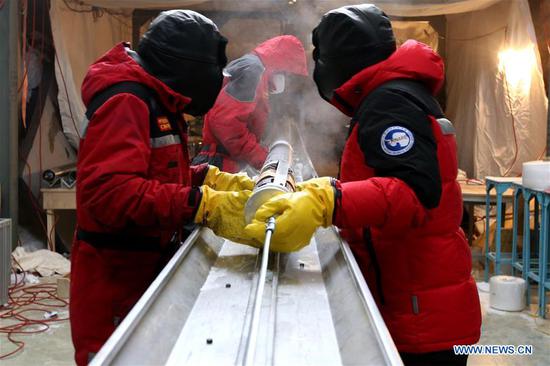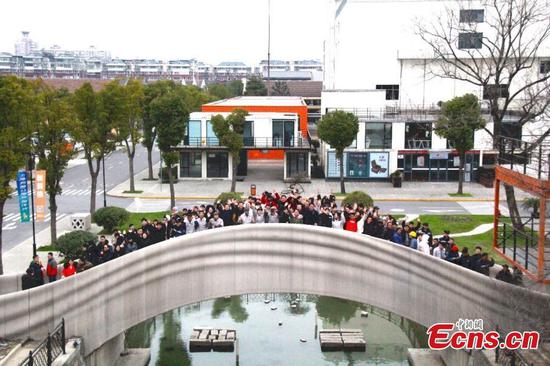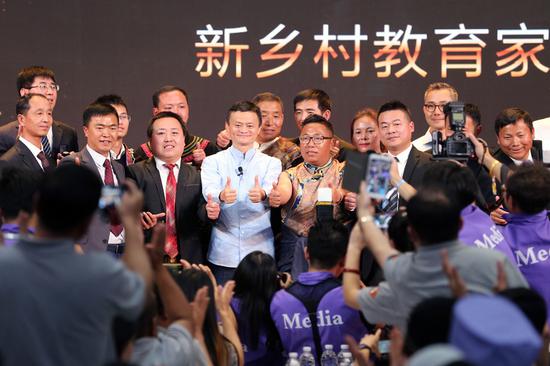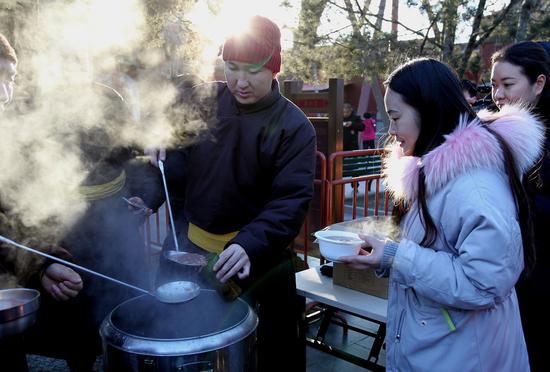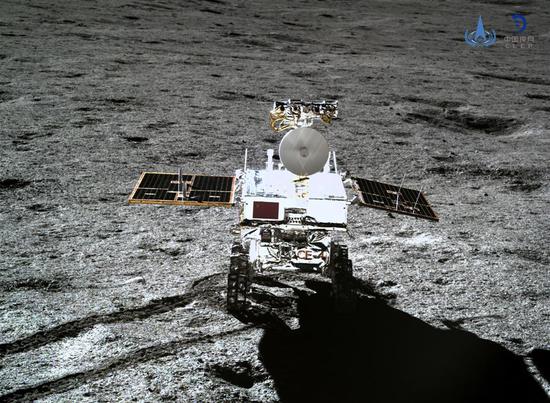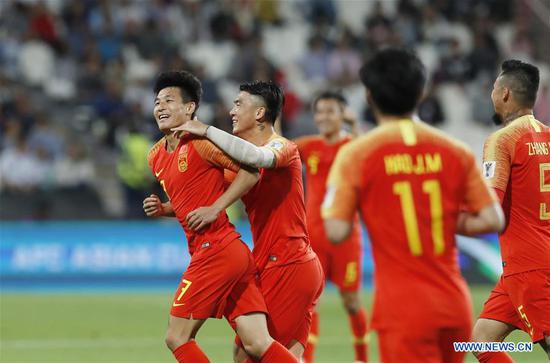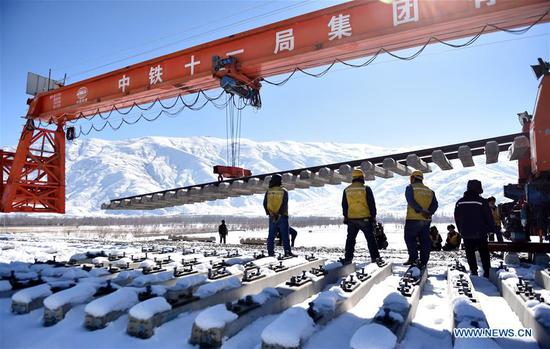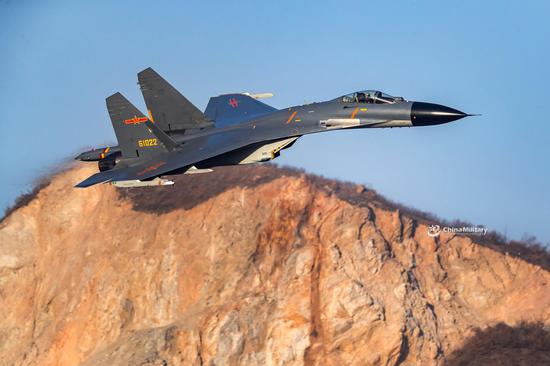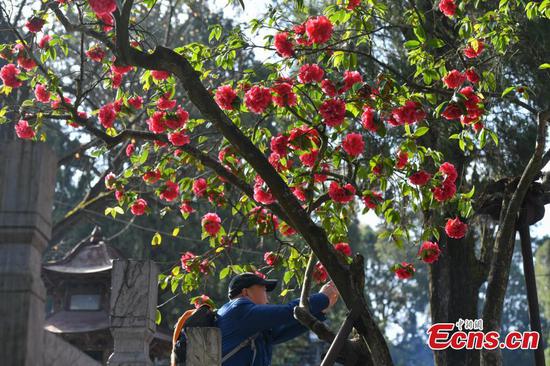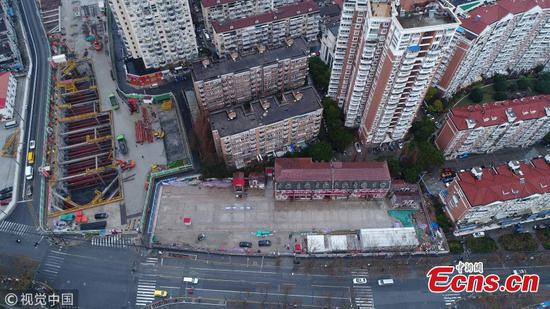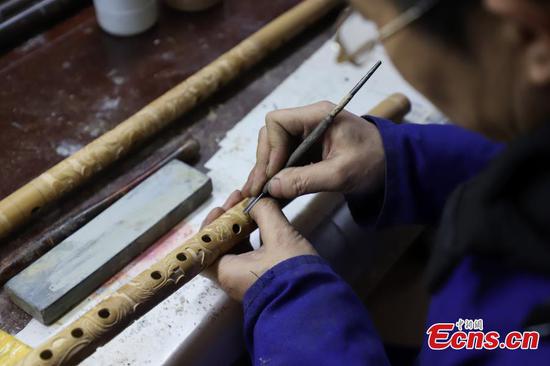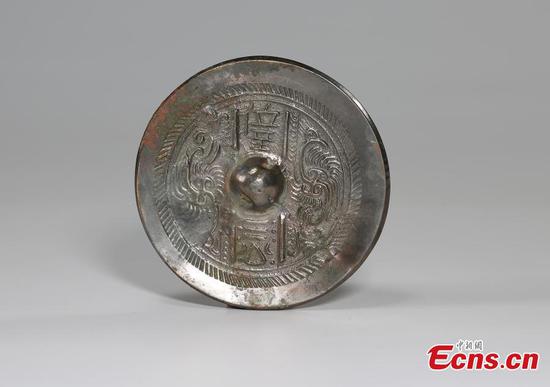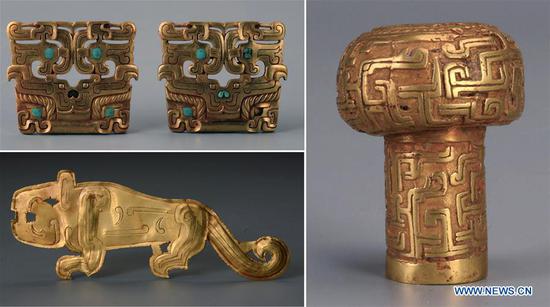The nation plans to double the total quota of the Qualified Foreign Institutional Investors program, the latest move to meet the rising investment demand of overseas investors as the nation opens further to foreign investors.
The quota will be doubled from the current level of $150 billion to $300 billion, the State Administration of Foreign Exchange, the nation's top currency regulator, said in a statement on Monday.
As part of the earliest efforts to promote the further opening of the nation's capital market, the scheme allows foreign institutional investors to invest in China's capital market.
By the end of last year, the authorities had approved a total QFII quota of around $101 billion.
China is expected to attract a total of 600 billion yuan ($88.7 billion) of foreign capital this year, said Fang Xinghai, deputy head of the China Securities Regulatory Commission, during a forum held over the weekend.
Fang attributed the expected rising inflows to long-term global investor confidence in the Chinese economy and greater access to the domestic capital market as the government has introduced a number of measures to promote stock connect programs and the inclusion of A-shares into global indexes.
Despite the domestic stock market losing more than $2 trillion in value in 2018, foreign investors have maintained their appetite for the A-shares market.
Data from Wind Info show money flowing via the Hong Kong northbound stock connect schemes reached 294.2 billion yuan.
Liang Haorong, an analyst with Tianyuan Securities, said foreign investment is expected to take around 10 percent of the total value of A-share market in the long run as many foreign investors see China as part of their long-term strategy.










